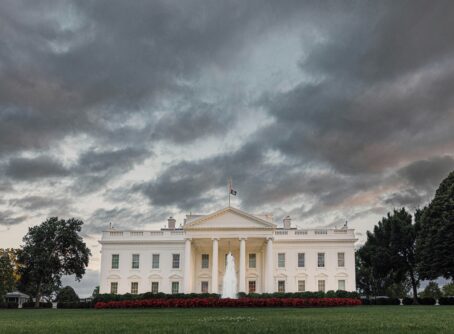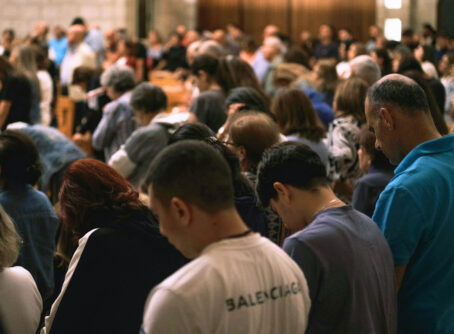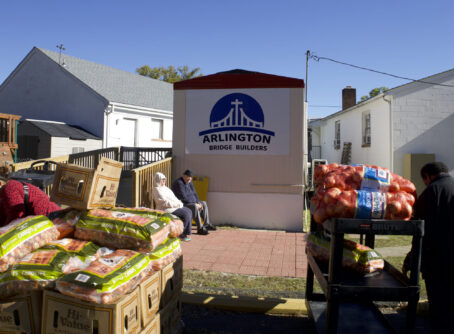
Charitable giving in 2023 reached a new high in total dollars but declined in actual value when adjusted for inflation, according to Giving USA. Giving by individuals increased less than giving by foundations or corporations, or through bequests, and giving to religious organizations notably decreased. Forty years ago, 58% of all donations went to congregations and other religious organizations; by 2022 that share was down to 29%. One reason for declining individual donations is the 2017 tax law’s weakening of the tax incentive for giving. That negative factor ought to be reversed in any tax reform package adopted by Congress in 2025 by incorporating the Charitable Act, a proposal that has won bipartisan support in both the House and the Senate. Greater giving to nonprofits in general will also strengthen giving to religious organizations.
The primary driving forces for faith-based service ministries and houses of worship are, firstly, the divine call to serve, and secondly, the response of love for neighbors demonstrated by their staff, boards, and volunteers. However, financial donations are also a vital resource. It is a glory of American society that our tax system has long encouraged giving to religious and secular nonprofits by allowing taxpayers who itemize to deduct the value of their donations from their income taxes. While the government receives less income, this trade-off enables America’s diverse, expansive, and creative nonprofit sector to thrive, providing services in a different way than the government can.
The 2017 Tax Cuts and Jobs Act, among many other changes, eliminated the personal exemption for taxpayers while giving them a much larger standard deduction. Many taxpayers who previously had itemized their charitable donations in order to claim the tax benefit no longer could do so. In the depths of the COVID-19 pandemic, in 2020 and 2021, Congress compensated for this reduced giving incentive by adopting a small temporary universal charitable deduction that allowed individuals and couples to claim $300 or $600 respectively in charitable deductions while still utilizing the expanded standard deduction. The latest congressional effort to reestablish such an incentive for non-itemizers, the Charitable Act (S. 566/H.R. 3435), would allow a deduction for charitable giving of up to $4,600 for individuals and $9,200 for joint filers. This would reestablish the tax system’s boost for charitable giving by people and families in the lower- and middle-income ranges, who are unable to give so much that they can forgo the enlarged standard deduction while saving on taxes by itemizing deductions.
Nonprofit associations are particularly concerned about three notable features of the weakening trend of charitable donations: the proportion of Americans who donate has sharply dropped, especially among younger Americans; donors are giving less of their income; and donors, mistrustful of institutions, increasingly are likely to give to causes rather than organizations.
The reduced and changed giving pattern of younger Americans is especially troubling, as noted by Brian Walsh, executive director of the Faith and Giving Coalition, in a recent update. Giving to causes is important but is no substitute for supporting organizations, such as Gospel rescue missions, religious colleges, foster care agencies, and pregnancy resource centers that serve every day whether or not some particular event sparks a burst of online giving. And starting regular giving at an early age is vital for developing the habit, the virtue, of giving over a lifetime.
The primary motivation for giving should be responding to God’s call to love our neighbors. However, the tax system can and should do more to incentivize giving. As the new Congress in January 2025 takes up the enormous task of revisiting federal tax provisions as many provisions of the 2017 tax law expire, Senators and Representatives should make enacting a universal charitable giving incentive, such as the Charitable Act, a top priority.
Stanley Carlson-Thies is the Founder and Senior Director of the Institutional Religious Freedom Alliance (IRFA), a program of the Center for Public Justice.



